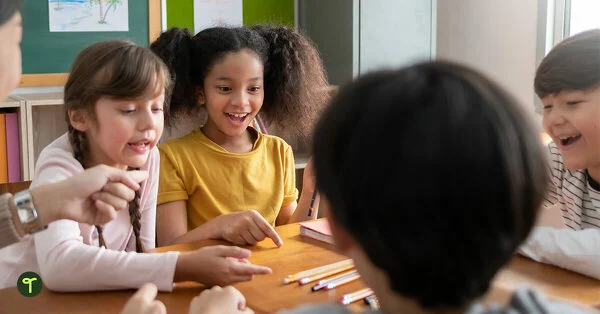Introduction
Simulation games have long been a source of entertainment, but their potential as educational tools is becoming increasingly recognized. These games offer immersive, interactive environments where players can learn complex concepts through hands-on experience. From mastering financial management to understanding environmental sustainability, simulation games provide a unique blend of learning and play that can enhance education in powerful ways. This article explores how simulation games are being used to enhance learning and why they are effective educational tools.
The Power of Experiential Learning
One of the key strengths of simulation games is their ability to provide experiential learning. Unlike traditional educational methods that rely on passive learning, simulation games engage players in active problem-solving and decision-making. Players are required to think critically, strategize, and adapt to changing conditions, which deepens their understanding of the subject matter.
Learning by Doing: By simulating real-world scenarios, these games allow players to apply theoretical knowledge in a practical context. For example, a game like SimCity teaches urban planning by allowing players to design and manage their own city, dealing with challenges such as resource allocation, infrastructure development, and population management. This hands-on experience helps players retain information more effectively than rote memorization.
Developing Critical Thinking and Problem-Solving Skills
Simulation games often present players with complex, multifaceted challenges that require critical thinking and problem-solving skills. These games are designed to mirror the complexity of real-world systems, whether it’s managing a virtual economy, piloting an aircraft, or running a farm. As players navigate these challenges, they develop the ability to analyze situations, weigh options, and make informed decisions.
Building Cognitive Skills: The process of trial and error, common in simulation games, encourages players to experiment with different approaches and learn from their mistakes. This iterative learning process is crucial for developing cognitive skills and can lead to a deeper understanding of the subject matter.
Fostering Creativity and Innovation
Simulation games provide a platform for creativity and innovation, allowing players to explore new ideas and experiment with different strategies. These games often have open-ended gameplay, where there is no single “right” way to play. This freedom encourages players to think outside the box and come up with innovative solutions to problems.
Encouraging Exploration: Games like Minecraft and Kerbal Space Program are perfect examples of how simulation games can foster creativity. In Minecraft, players can build almost anything they can imagine, while Kerbal Space Program challenges players to design and launch spacecraft. These games encourage exploration and innovation, making them valuable tools for teaching subjects like engineering, architecture, and design.
Real-World Application of Knowledge
One of the most significant benefits of simulation games as educational tools is their ability to connect classroom learning with real-world applications. These games often simulate real-world processes, providing a bridge between theoretical knowledge and practical experience. For example, flight simulators used in pilot training allow learners to apply their classroom knowledge in a realistic, controlled environment.
Transferring Skills to the Real World: The skills and knowledge gained from simulation games can often be transferred to real-life situations. For instance, business simulation games can teach players about financial management, marketing, and operations, which can be directly applied in the business world. This real-world relevance makes simulation games an effective way to prepare students for future careers.
Enhancing Engagement and Motivation
Simulation games are inherently engaging, making learning more enjoyable and motivating for students. The interactive nature of these games, combined with their immersive environments, keeps players interested and invested in the learning process. Unlike traditional educational methods, which can sometimes feel tedious, simulation games make learning fun.
Sustained Interest in Learning: The sense of achievement and progression in simulation games also contributes to sustained engagement. As players overcome challenges and reach new milestones, they are motivated to continue learning and exploring. This continuous engagement is crucial for long-term educational success.
Conclusion
Simulation games offer a powerful and effective way to enhance learning by combining the best of both worlds—education and play. By providing experiential learning, fostering critical thinking and creativity, and connecting classroom knowledge with real-world applications, these games are transforming the way we learn. As educational tools, simulation games have the potential to engage students in meaningful, interactive learning experiences that go beyond the traditional classroom setting.


